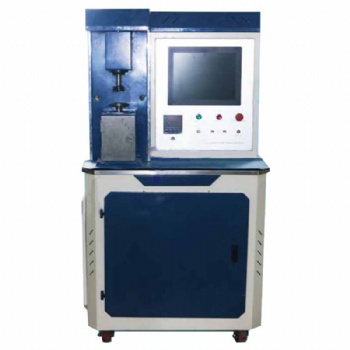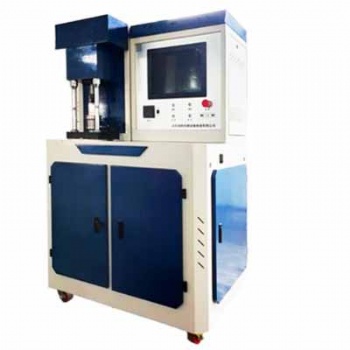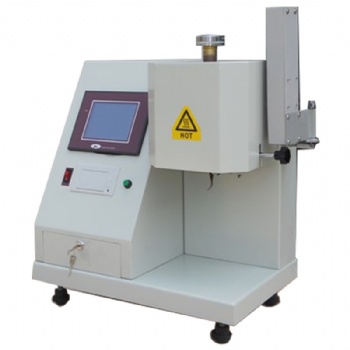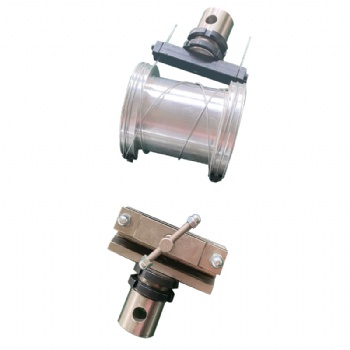News
Navigating Tensile Testing Machine Prices: What You Need to Know
Navigating Tensile Testing Machine Prices: What You Need to Know
When it comes to assessing the strength and durability of materials, a tensile testing machine is a crucial piece of equipment. However, before making a purchase, understanding the various factors that influence tensile testing machine prices is essential. This blog will guide you through what affects the cost of these machines and help you make an informed decision based on your needs and budget.
What is a Tensile Testing Machine?
A tensile testing machine, also known as a universal testing machine (UTM), measures a material’s response to uniaxial tensile stress. It applies a controlled force to a sample and records data on how the material deforms and eventually fails. This information is vital for quality control, material research, and product development.
Factors Affecting Tensile Testing Machine Prices
The price of a tensile testing machine can vary widely based on several key factors:
Load Capacity: The load capacity of a tensile testing machine is a primary determinant of its price. Machines designed to handle high-load capacities or very heavy samples generally cost more. Higher capacity machines require more robust components and engineering, which contributes to the overall cost.
Accuracy and Precision: Higher precision in measurements comes at a higher price. Machines with advanced sensors and calibration features are designed to provide extremely accurate results, making them suitable for high-precision applications. These features add to the machine’s cost but are essential for industries where exact data is critical.
Testing Versatility: The ability to perform various types of tests beyond just tensile testing, such as compression, shear, and bending tests, can also impact the price. Versatile machines that accommodate a wide range of testing scenarios are generally more expensive due to their complex design and additional features.
Software and Data Analysis: Modern tensile testing machines come equipped with sophisticated software for data acquisition, analysis, and reporting. Advanced software capabilities can significantly increase the machine’s price. Features like automated reporting, real-time data analysis, and integration with other systems contribute to higher costs.
Build Quality and Materials: The construction quality and materials used in a tensile testing machine affect its durability and performance. Machines built with high-quality materials and precise engineering are more expensive but offer better reliability and longevity.
Brand Reputation and Support: Well-known brands with a strong reputation for quality and customer support typically command higher prices. Investing in a reputable brand often means better service, warranties, and support, which can be worth the additional cost.
Price Ranges for Tensile Testing Machines
Tensile testing machine prices can range significantly based on the aforementioned factors. Here’s a general breakdown:
Entry-Level Models: For basic tensile testing machines suitable for educational or low-volume testing applications, prices usually start around $5,000 to $10,000. These machines are generally simpler and offer fewer features.
Mid-Range Models: Machines in this category, which offer enhanced accuracy, versatility, and additional features, typically range from $10,000 to $30,000. These are suitable for more demanding industrial applications and research labs.
High-End Models: Premium tensile testing machines with extensive capabilities, high load capacities, and advanced software can cost $30,000 or more. These machines are designed for high-precision applications and rigorous testing environments.
Making an Informed Purchase
When considering a tensile testing machine purchase, it’s crucial to weigh the following:
Determine Your Requirements: Identify the specific tests you need to perform and the maximum load capacities required. This will help you select a machine that meets your needs without overspending on unnecessary features.
Compare Options: Research different brands and models, compare their features, and read user reviews. Reputable manufacturers often provide detailed specifications and customer support, which can be helpful in making your decision.
Consider Future Needs: Think about potential future requirements and whether investing in a more versatile machine might be beneficial in the long run. Machines with additional capabilities may offer greater value over time.
Evaluate Total Cost of Ownership: Beyond the initial purchase price, consider ongoing maintenance costs, potential upgrades, and training for operators. These factors can impact the overall cost of owning and operating the machine.
Conclusion
Understanding tensile testing machine prices involves more than just looking at the sticker price. By considering factors such as load capacity, accuracy, versatility, software, build quality, and brand reputation, you can make a well-informed decision. Whether you’re looking for an entry-level model or a high-end machine, aligning your purchase with your specific needs and budget will ensure you get the best value and performance from your investment.
Categories
Contact Us
- +86-18615632092
- wtbequipment@hotmail.com
- sophie-tester
- +86-18615632092




 售前客服
售前客服